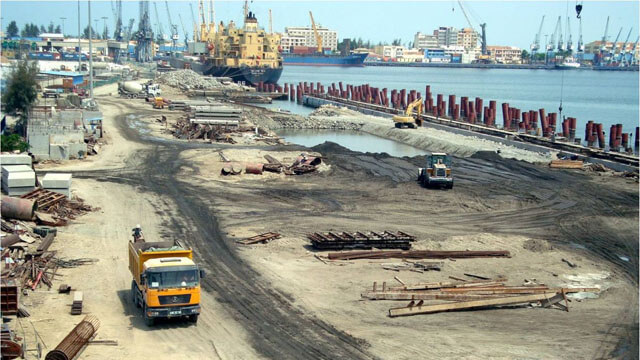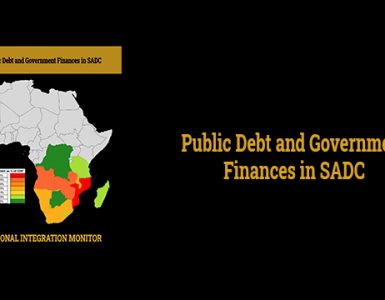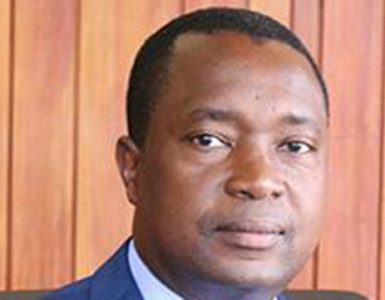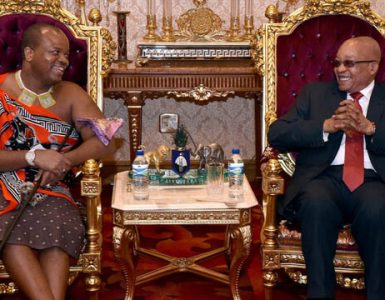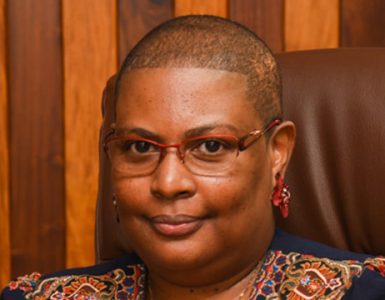In November 2016, the Angolan National Assembly unanimously approved the draft state budget for 2017. Like many other countries across Africa and throughout the world, Angola is faced with a budget deficit and constrained fiscal expenditure in light of lower than expected tax revenue collections. In 2016, Angola received a credit downgrade from Standard & Poor’s from BB- to B+ (from non-investment grade speculative to highly speculative) signalling a deterioration from stable to negative outlook. Fitch promptly followed suit by downgrading Angola’s sovereign rating, thereby adversely impacting the country’s ability to raise external debt funding, whilst increasing the cost of borrowing in international financial markets. However, the AfDB reports Angola has plans to raise USD 9.7 billion in the local capital market to reduce its fiscal budget deficit, a challenging feat in an environment of lower economic growth and rising inflation.
A rising government debt to GDP ratio may impede Angola’s prospects of attaining consistently high economic growth figures. As a proportion of GDP, government debt has risen appreciably from 33.8% in 2011 to over 60% in the current financial year. This is a growing concern for institutional investors as the economic growth outlook remains fairly stagnant in the short to medium term, as Angola is still a commodities and minerals based economy. The AfDB estimates the country to achieve 3% to 3.5% annual growth in FY2017/18.
Angola is a highly urbanised African state, with approximately 62.5% of the population living in urban areas (one of the highest urbanised population rates on the African continent), according to the AfDB. However, over the years, this has resulted in a housing shortage within the inner cities and surrounding areas, leading to mass formations of informal settlements. Due to this high rate of urbanisation, Angola has formulated a National Urbanisation and Housing Programme that includes programmes for the development of new urban housing developments, as well as the promotion of social housing and property management initiatives. In addition, there is a 2015-2030 long-term Metropolitan Plan for Luanda, and the government has several ongoing projects to provide housing in various other regions across the country as the project is rolled out. For instance, Kilamba City, is one of the major housing developments within the Luanda metropolitan area, and similar developments are planned for other cities. Thus, the long term goal is to progressively integrate informal housing into the city planning fraternity to minimise spatial divides within the major cities and ensure urbanisation is effectively managed by the government.
The fisheries and the manufacturing sectors have shown signs of growth, expanding from 2.5% (FY2015) to 4.6% (FY2016) and 2.6 (FY2015) to 3.1% (FY2016) respectively1. The government has identified these sectors as key drivers in the continued pursuit to diversify the Angolan economy.
Treasury announced that investment into the agricultural sector will be increased by 19% in the FY2017, in a bid to restructure the sector by expanding its production value chain and downstream activities, in the hopes of creating more jobs within the sector. According to data from the IMF, the sector accounts for 12.3% of GDP and is the backbone of the economy, employing an estimated 70% of the working population, on a mere 3% to 5% utilisation of the available arable land2. The sectors lacklustre performance over the past two years has been a direct result of spending cuts by the government on the back of declining revenues from Brent crude and other commodities. In 2016, the Angolan government introduced plans to incentivise investors in the agricultural sector by reducing interest rates charged on loans from 5% to 2.5% with the option of longer maturity periods3.
In reaction to the recent global commodity crisis, which led to oil prices plummeting, Angola adopted a contractionary fiscal policy to align with declining oil revenues. According to the AfDB, the treasury announced total expenditures cuts of USD 14 billion, after the revised state budget halved the oil price assumption to USD 40 per barrel.
The World Bank reported that in FY2016/17, total government revenues to GDP will average 25% while total expenditure to GDP will stand at around 30.5%, leading to a deficit of 5.5% of GDP. This deficit will be financed through bilateral lines of credit (from various major economies such as China and Japan) as well as institutions such as the IMF and World Bank. The government intends to improve the medium term fiscal framework by diversifying sources of tax revenue through the introduction of value added tax, although the excess burden imposed on ordinary Angolans needs to be assessed.
In terms of economic and political governance, the World Bank released a report Doing Right 2016, in which Angola was rated 181 out of 183 countries surveyed on matters pertaining to resolving insolvency, obtaining credit and enforcing contracts. Starting a business in Angola is an arduous procedure. These are some of the challenges the Angolan government will have to circumvent in order to encourage entrepreneurship initiatives, in conjunction with providing financial support for pre-determined key industries as outlined by the treasury.
2017 will be a pivotal year for Angola, not only because of the fiscal prudence the state needs to exercise, but perhaps more significantly, because the national elections will take place in a few months. The general elections will be held in August amidst widespread speculation that the current, longstanding President Jose Eduardo dos Santos, will not seek re-election. If this allegation is indeed true, this would be welcomed by many insiders within Angola (and some who’ve been exiled) who have lobbied for a political regime change in the past. Although the country is a democracy in principle, it cannot be truly be considered as such.
The current President is one of the longest serving heads of state in the world, having been in power for the past 37 years. He has been accused by several international institutions of plundering state coffers, either directly or through his children who sit on the boards of strategic state-owned entities. Isabel dos Santos (daughter) chairs Sonangol Group and is also the CEO. For several years she has been identified by Forbes as one of the wealthiest and most powerful women in the world. One would hope that a political regime change does not precipitate civil wars reminiscent of the past. Fellow SADC member states and institutional investors will certainly be watching the upcoming elections with keen interest and bated breath as Angola undergoes a long overdue political transition.
1 World Trade Organisation
2 International Monetary Fund
3 African Development Bank

